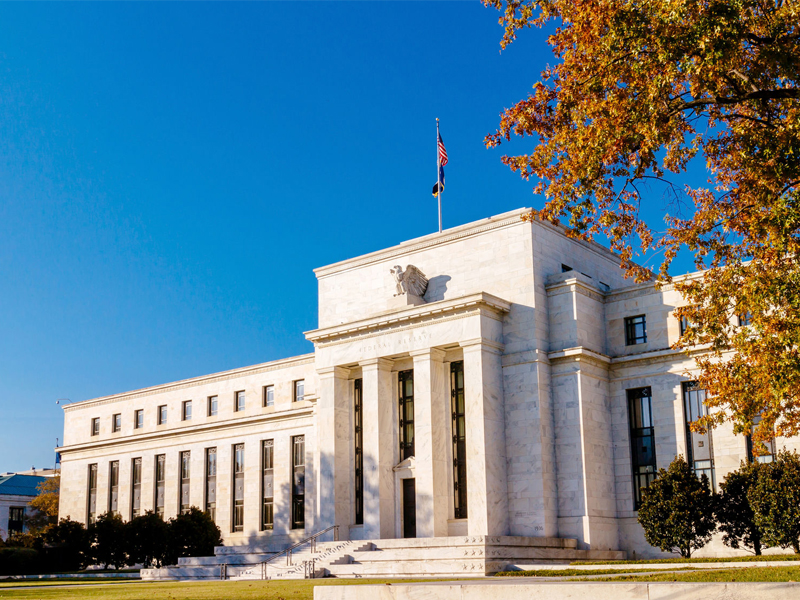
The Federal Reserve said it would seek to hold down spiking interest rates in the state and municipal bond markets by supporting banks’ purchase of the bonds.
The Fed said Friday that it would loan money to banks that banks would then use to purchase highly rated muni bonds from money market mutual funds or from muni bond funds. The goal is to stabilize the $3.8-trillion muni bond market and ensure states and cities and other public entities, including hospitals, can borrow at low cost. Without the ability to borrow, local and state governments could be forced to lay off workers.
The Federal Reserve Bank of Boston is conducting the transactions and is doing so by expanding the Money Market Mutual Fund Liquidity Facility, an emergency program it launched Wednesday. The Fed has launched three emergency lending programs, all of which are intended to provide a source of borrowing to panicked financial markets, as investors and businesses increasingly stockpile cash and sell securities.
The MMLF was first used during the 2008 financial crisis, but its expansion to include muni bonds is a new step that wasn’t taken back then.
States and cities are facing a looming cash crunch as revenue from sales taxes and other taxes are likely to fall sharply in the coming weeks and months. At the same time, many public institutions are facing higher costs, particularly hospitals and other health programs.
The Fed has in the past come under criticism from Democrats in Congress for not using its emergency lending powers to assist struggling local governments. House Speaker Nancy Pelosi asked Federal Reserve Chair Jerome Powell on Tuesday to consider doing so. The Fed says its action Friday was in response to turmoil in financial markets.
Also Friday, the Fed said it would expand its currency exchanges with five central banks, including by providing week-long exchanges, or currency swaps, every day rather than once a week.
The Fed provides dollars to overseas central banks because some business is conducted overseas in dollars, and foreign banks also provide dollar-denominated loans to their customers.